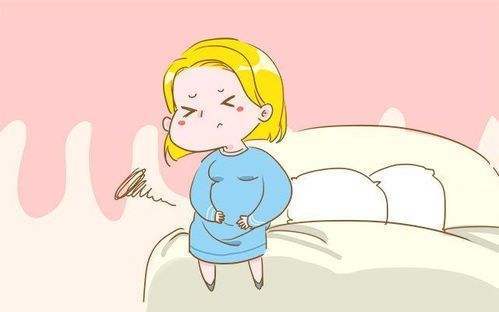Many couples who have been trying to conceive for a long time without success may go to the hospital for ultrasound monitoring of ovulation and timed intercourse. However, even with these efforts, there may still be no good news. In such cases, if timed intercourse during ovulation does not result in pregnancy, is it still possible to conceive through IVF?
What are the reasons for not getting pregnant despite timed intercourse during ovulation?
1. Excessive mental stress
Some women, after marriage, may not be able to conceive even with timed intercourse during ovulation. This can lead to feelings of stress, which, when prolonged, can cause hormonal imbalances due to depression and anxiety, ultimately resulting in female infertility.
2. Factors related to diseases
(1) Uterine diseases: Conditions such as cervical diseases can directly lead to female infertility. Conditions like uterine fibroids or muscular alterations can block the cervix, preventing the sperm from combining with the egg, thus causing infertility. Additionally, low levels of estrogen in women or chronic cervicitis can make cervical mucus very viscous, reducing sperm motility in the vagina.
(2) Ovarian diseases: Conditions such as ovarian function decline, polycystic ovaries, or ovarian germ cell tumors can affect ovarian hormone secretion and even lead to ovulation abnormalities.
(3) Malformations in the development of reproductive organs: Conditions like congenital vaginal stenosis or vaginal malformations can lead to abnormal reproductive tract development, obstructing the reproductive tract, thus preventing normal sperm movement in the fallopian tube and the egg-sperm union, ultimately resulting in female infertility.
(4) Unstable embryo implantation: When a woman’s ovulation is normal, and the sperm and egg have combined, but there is no stable implantation environment for the embryo, it can lead to female infertility.
(5) Antisperm antibodies: Presence of antisperm antibodies in a woman’s serum or reproductive tract can cause sperm to clot together, lose their vitality, and ultimately lead to infertility.
Failure to conceive through timed intercourse during ovulation is not solely a female issue; it could also be due to poor sperm quality or reduced sperm motility in men. Both partners should undergo relevant examinations in the hospital and receive appropriate treatment. It is important not to bear too much psychological burden and maintain a calm mindset. In the three months before conception, avoid smoking, drinking alcohol, and taking antibiotics without proper prescription.
Couples who have been trying to conceive for more than a year without success are advised to promptly undergo fertility examinations at a hospital. If necessary, assisted reproductive technologies such as IVF can be considered.


